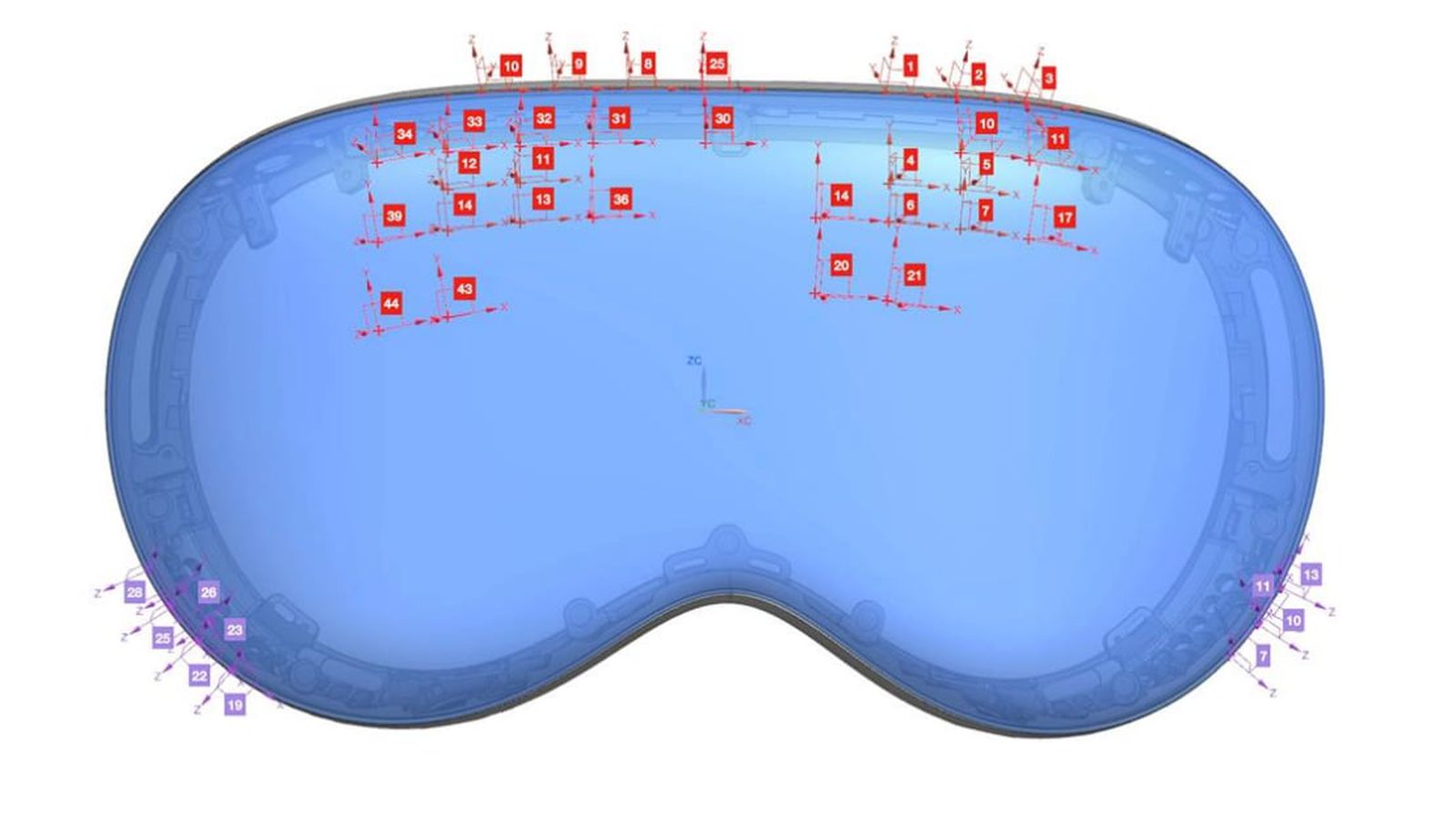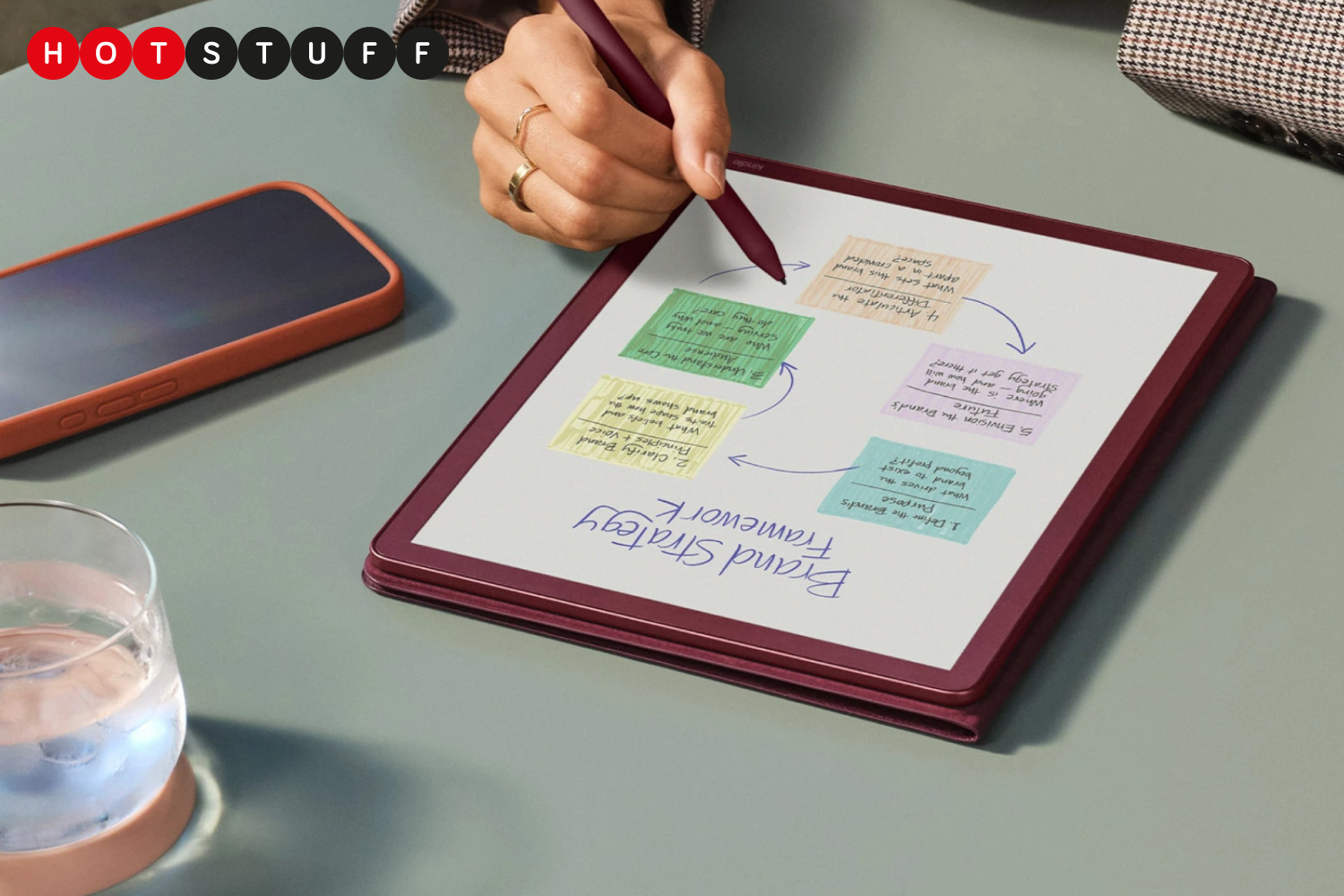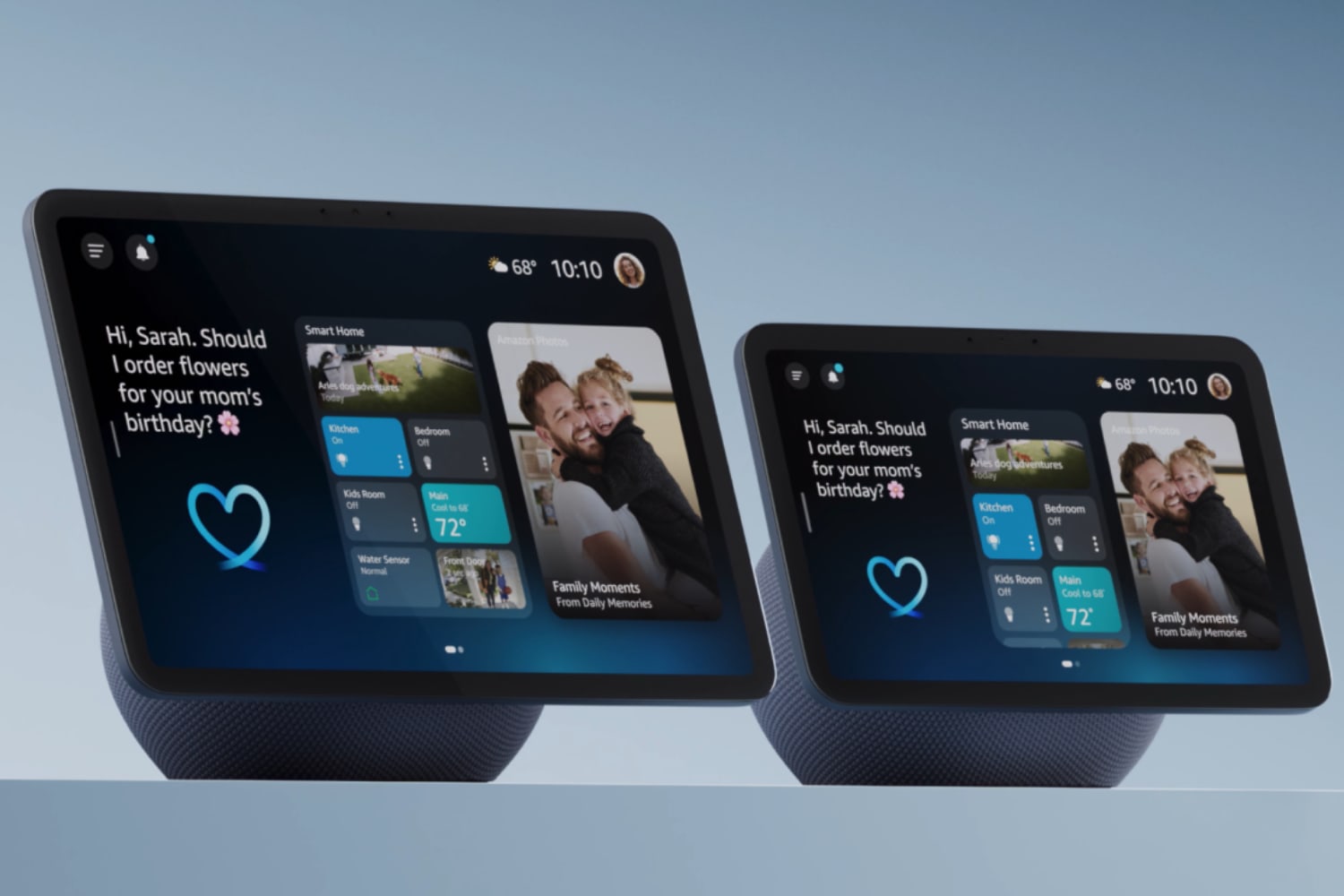VPNs are becoming increasingly popular for those who want an extra layer of security while browsing the web. But what actually is a VPN and is it really important?
We explain everything you need to know about VPNs below, including what a VPN does, how to use one and whether or not you really need to invest.
Once you understand more about VPNs, make sure you visit our best VPN and best free VPN guides where we’ve listed our top-rated options.
What is a VPN?
A VPN, which stands for Virtual Private Network, is an internet service that establishes a secure and encrypted connection between your device and the internet. This secure connection hides your IP address which means third parties can’t access your private information such as location, identity or browsing history.

What does a VPN do?
As a VPN hides your IP address, it can help to keep your data private while browsing the web.
VPNs can also make it seem as if you’re in a different location, allowing access to region-locked content too. Having said that, you must exercise caution when using a VPN to access such content as you could be breaking the terms and conditions of some sites, including the likes of Netflix. We elaborate on the rules of using Netflix and VPNs to explain more.
Although that might sound worrying, remember that VPNs are perfectly legal to use and there are, of course, many legitimate use cases for them.
How to use a VPN?
To use a VPN, you’ll need to first sign up to one that best suits your needs. Our guides on the best VPN and best free VPN should offer some insight into which ones will likely suit your browsing needs.
Once you’ve signed up, you’ll likely need to download the accompanying app on your PC, smartphone, tablet and any other compatible devices you might have. From here, you’ll be able to set up your VPN and get connected to your desired server.
Some VPNs such as NordVPN will sport a Quick Connect button which automatically connects to the closest VPN server for you.


What is a VPN used for?
First and foremost, a VPN is used to keep your personal information and browsing history as safe as possible from potential hackers and third parties collecting data. However, there are also many specific use cases which benefit from a VPN.
One example is when online shopping. Many retailers, especially airlines, have a tendency to increase prices if you’ve visited the same page on multiple occasions. Using a VPN here will make it difficult for the shop to track your browsing history, thus hopefully keeping the price low.
Also, as touched upon earlier, you can use a VPN to connect to servers in different countries to make it seem as if you are browsing in that location. This, theoretically, can allow you to access content that might be restricted or even blocked entirely from your actual location. However, as we mentioned earlier, some websites are cracking down on using VPNs, so make sure you exercise caution.
Do I need a VPN?
As most of the best VPNs require a monthly or annual subscription fee, it’s understandable to debate whether you really need one. However, if you’re someone who uses public Wi-Fi networks a lot, wants to access content from other countries or are just concerned about keeping your browsing history safe, then a VPN is undoubtedly a useful option.
Essentially, we’d always recommend using a VPN to keep your information safe and ensure your browsing is secure.










